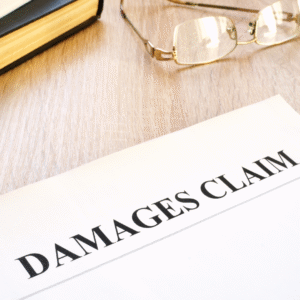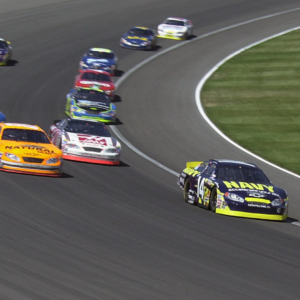April 21, 2025 | JacobiJournal.com – California Workers’ Comp Ghostwriting Scheme: Jacobi Journal has learned of an investigation into a scheme at DWC Pros, a California Medical Legal Practice Management Company, to ghostwrite QME reports for its doctors.
The mastermind is said to be Peggy Susan Postnikoff, a Canadian immigrant and former Marketing Director at DWC Pros. Postinikoff now holds a similar marketing position with Spectrum Medical Evaluations in El Cajon, CA.
The investigation follows Pasadena doctor Kevin Tien Do’s guilty plea related to a $3 million conspiracy to defraud California’s Subsequent Injuries Benefit Trust Fund (SIBTF).
Jacobi contacted DWC Pros and Spectrum Medical Evaluations employees about the ongoing “ghostwriting” investigation. Both organizations claimed Postnikoff is merely a consultant and not affiliated as an employee. However, our investigation uncovered direct involvement. Michelle Kaminer, a DWC Pros employee, described her role as writing and editing medical-legal reports by synthesizing various medical documents, including diagnostic studies and physician notes, and performing copy editing, proofreading, and fact-checking. Ms. Kaminer admitted that Postnikoff pressured her and other staff to engage in high levels of medical report writing that violates California Labor Code Section 4628, so that Postnikoff could attract new doctors to the firm and earn a sales commission.
Sources also indicate that these unlawful practices contributed to the departure of several prominent QME physicians from DWC Pros, including orthopedic surgeons John Burge, Daniel Davis, Sanagaram Shantharam, Keith Robertson, Casey Pyle, Stephan Sweet, and Sahil Vohra.
This is not the first time Postnikoff has been linked to wrongdoing. She was the subject of a criminal investigation into Mortgage Fraud, affiliated with the investigations of Stephan Stepaniuk and Jennifer White for marketing kickbacks, and now faces questions related to her citizenship status. To date, Postnikoff has eluded prosecution and now works with Spectrum Medical Evaluations in a similar marketing position.
Jacobi recommends that Claims Adjusters operating in California be on the lookout for ghost-written QME reports. A ghost-written QME report can be challenged through Deposition and ultimately thrown out with reimbursement denied.
Please click on the link below for tips in identifying ghostwritten reports:
How To Spot a Ghost Written Medical Report
Stay informed — visit the California Division of Workers’ Compensation website to understand QME compliance rules and how to challenge unlawful medical-legal reports.
FAQs: California Workers’ Comp Ghostwriting Scheme
What is a California Workers’ Comp ghostwriting scheme?
A California Workers’ Comp ghostwriting scheme involves unlicensed individuals drafting QME medical-legal reports, violating Labor Code Section 4628.
How can claims adjusters detect ghostwritten QME reports?
Claims adjusters can spot ghostwritten QME reports by identifying inconsistencies in medical opinions, repeated template language, and mismatched physician signatures.
Why is ghostwriting in California Workers’ Comp cases illegal?
Ghostwriting violates California Labor Code Section 4628, which requires that QME physicians personally prepare their reports to maintain accuracy and integrity.
What should I do if I suspect a California Workers’ Comp ghostwriting scheme?
Report suspicions to the California Division of Workers’ Compensation (DWC) and preserve all documentation for investigation.
Can a ghostwritten QME report in a California Workers’ Comp ghostwriting scheme be thrown out?
Yes. If proven part of a ghostwriting scheme, a QME report can be excluded from evidence, with related reimbursement claims denied by the insurer or the DWC.
Get the latest updates on California Workers’ Comp fraud, legal cases, and industry investigations delivered straight to your inbox. Subscribe to JacobiJournal.com and never miss a critical story.
🔎 Read More from JacobiJournal.com.
- Consumer Watchdog Sues CA Department of Insurance Over FAIR Plan Surcharges
- Former Texas Insurance Broker Charged in Alleged Fraud Scheme
- New York Inspector Uncovers $2.7M Workers’ Comp Fraud in 2024
- LA Couple Sentenced for Underreporting Payroll, Filing False Workers’ Comp Claims
- American Labor Alliance Execs Convicted in Multi-Million Dollar Fraud










